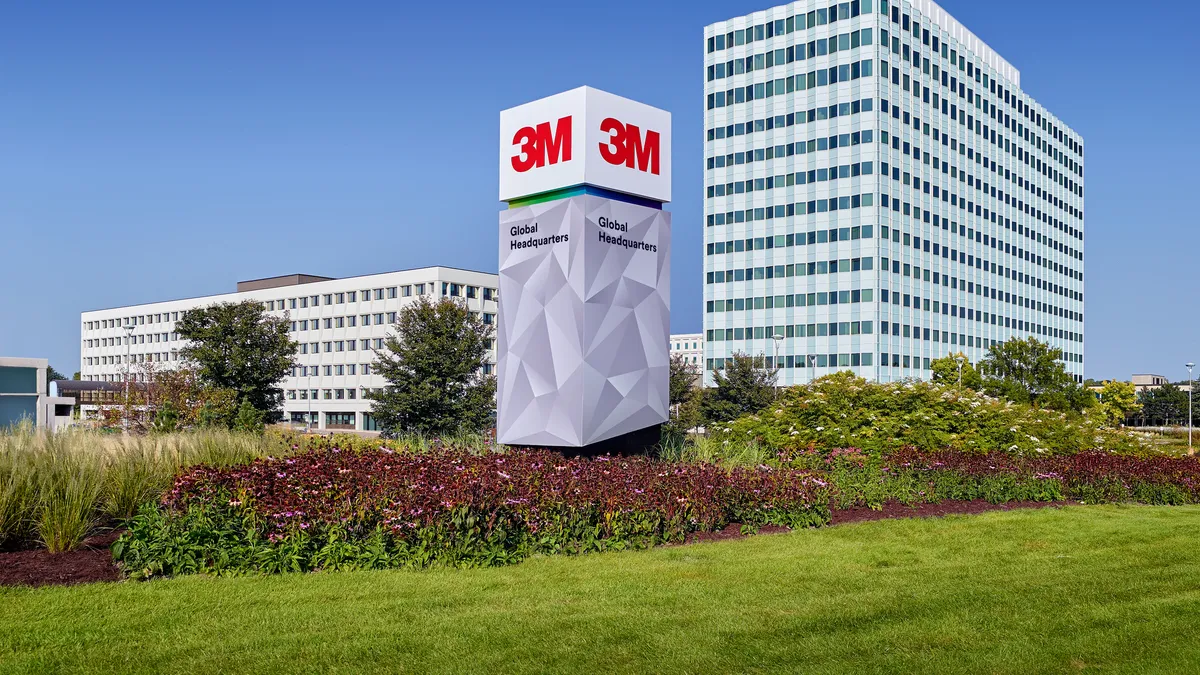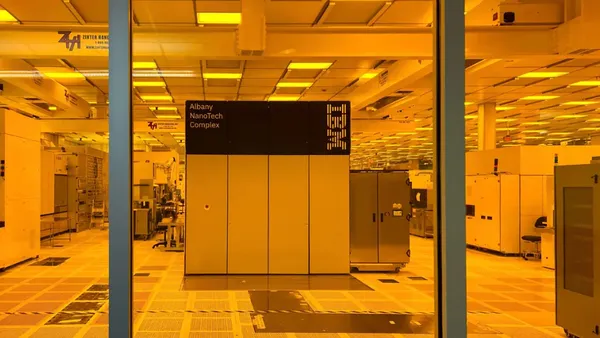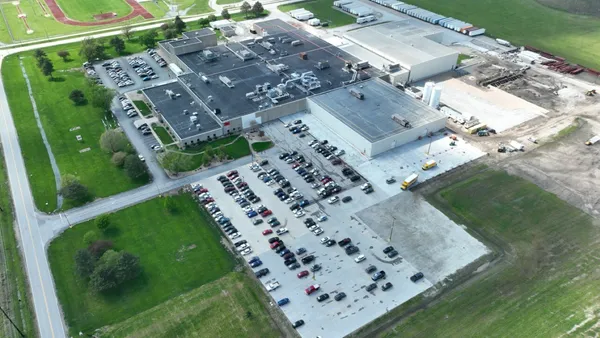3M will work to phase out the use of long lasting per- and polyfluoroalkyl substances (PFAS) from its manufacturing and products by the end of 2025, the company announced this week.
PFAS, often called “forever chemicals” because of how slowly they break down over time, may be linked to adverse health effects, according to the Environmental Protection Agency. They’ve also been deemed possible carcinogens by the International Agency for Research on Cancer.
The company said in the press release it made the decision based in part on a regulatory push to reduce and eliminate PFAS from the environment, as well as “changing stakeholder expectations.”
It also follows a November order from the EPA to sample and provide treatment to address contamination from PFAS found in the drinking water in the proximity of the company’s Cordova, Illinois, facility.
In addition, 3M is one of several companies facing multiple lawsuits over their use of PFAS. The city of Philadelphia filed suit against multiple companies in November for their use of PFAS, including 3M. California’s attorney general filed suit the same month.
3M’s phase-out will impact fluoropolymers, fluorinated fluids and PFAS-based additive products. The company will assist in the transition for its customers and will continue to fulfill its contractual obligations amid the transition, according to the release.
The change will cost the company approximately $1.3 billion to $2.3 billion pre-tax over the course of the exit.
"While PFAS can be safely made and used, we also see an opportunity to lead in a rapidly evolving external regulatory and business landscape to make the greatest impact for those we serve,” 3M Chairman and CEO Mike Roman said in a statement.
3M’s move comes after months of increasingly aggressive action from the EPA to more stringently regulate PFAS.
Last year, the agency unveiled a road map for regulating the chemicals. And earlier this year, it announced four drinking water health advisories for PFAS as well as a proposal to designate some PFAS as harmful substances.
Minnesota, where 3M’s headquarters is located, has also been going after PFAS. In 2010, Minnesota’s attorney general sued 3M and said the company’s use of PFAS allegedly damaged the drinking water and natural resources in the St. Paul-Minneapolis metropolitan area.
The state settled with 3M in 2018 for $850 million and is now using the funds to purchase technology to remove and destroy concentrations of PFAS from the contaminated water.











